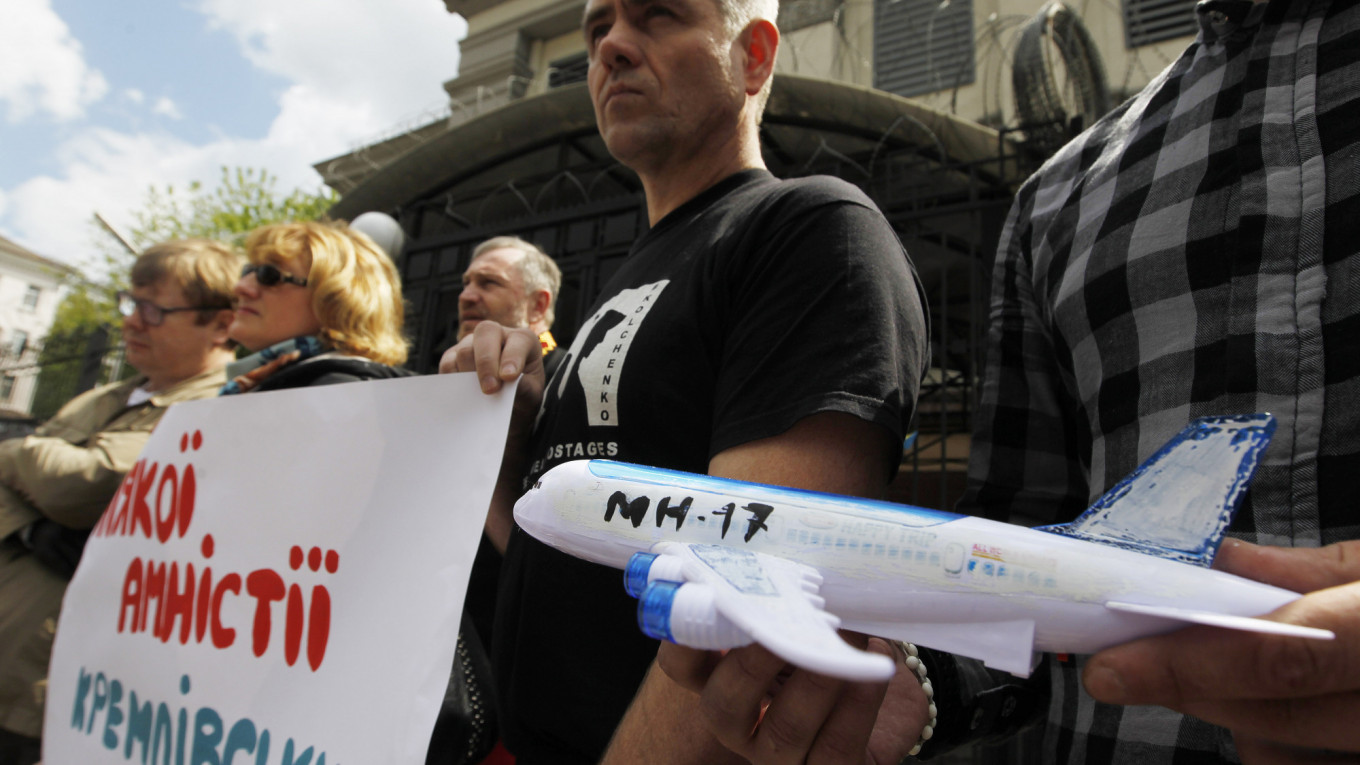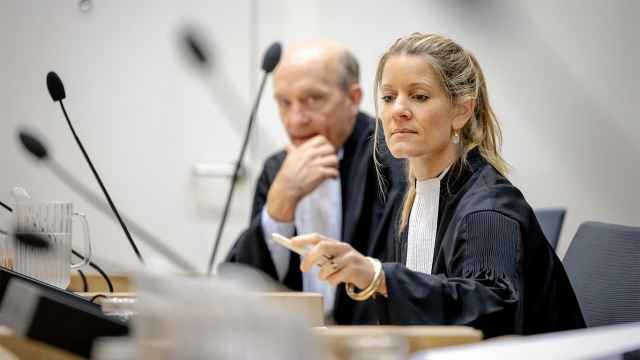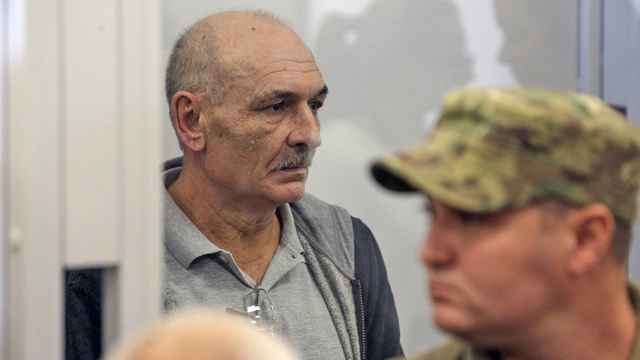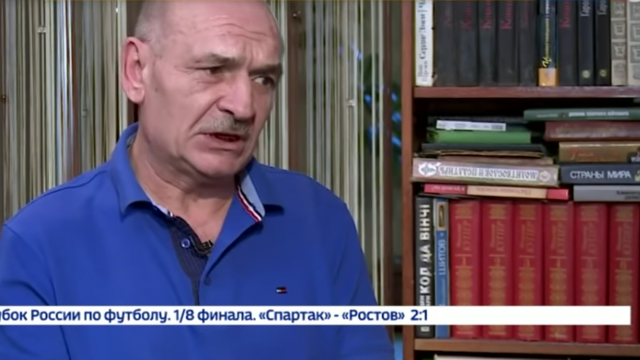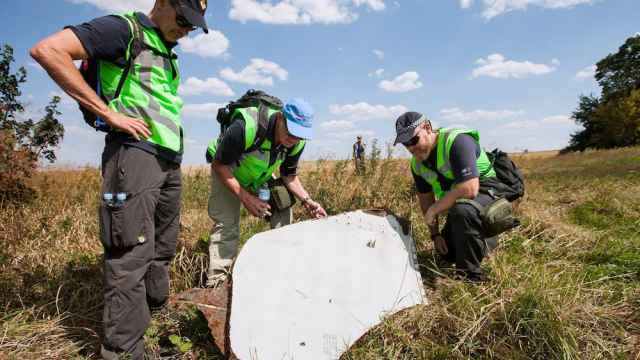An elite Dutch military unit was on hair-trigger alert to deploy to separatist-controlled eastern Ukraine to secure the Malaysia Airlines Flight 17 crash site until a last-minute stand-down order in 2014, the Dutch newspaper De Telegraaf reported Tuesday.
The report comes one week ahead of the first hearing in a key trial of three Russian and one Ukrainian suspects in the tragedy. The suspects, who have not been turned over to the Dutch, face charges of murdering 298 people onboard flight MH17 on July 17, 2014.
“The plan [involved] 1,000 Dutch soldiers who would go into the area with light weapons and only what fits in their backpacks,” De Telegraaf wrote, citing Dutch army commander Lt. Gen. Martin Wijnen.
The troops, members of an infantry unit that can be rapidly deployed anywhere in the world, were reportedly ready for departure within 48 hours of being alerted to prepare for the mission.
Around 1,000 more Australian troops, whose citizens were also killed in the downing of MH17, were set to support the Dutch operation, De Telegraaf reported.
Their planned deployment aimed to take positions around a 35-square-kilometer area of the crash site for a few days to allow aid workers and forensic investigators to recover the bodies.
Authorities in the Hague canceled the mission because the pro-Russian rebels that controlled the territory eventually cooperated in allowing the repatriation of the bodies.
The Netherlands ended up sending 40 unarmed members of its military police to search for the remains of the MH17 crash victims, most of whom were Dutch nationals.
The nixed deployment was also plagued by concerns that a potential clash with local forces on the ground could lead to escalation with neighboring Russia.
“Not what you want with a large, heavily armed Russian force nearby on the other side of the border,” De Telegraaf wrote.
A Message from The Moscow Times:
Dear readers,
We are facing unprecedented challenges. Russia's Prosecutor General's Office has designated The Moscow Times as an "undesirable" organization, criminalizing our work and putting our staff at risk of prosecution. This follows our earlier unjust labeling as a "foreign agent."
These actions are direct attempts to silence independent journalism in Russia. The authorities claim our work "discredits the decisions of the Russian leadership." We see things differently: we strive to provide accurate, unbiased reporting on Russia.
We, the journalists of The Moscow Times, refuse to be silenced. But to continue our work, we need your help.
Your support, no matter how small, makes a world of difference. If you can, please support us monthly starting from just $2. It's quick to set up, and every contribution makes a significant impact.
By supporting The Moscow Times, you're defending open, independent journalism in the face of repression. Thank you for standing with us.
Remind me later.


